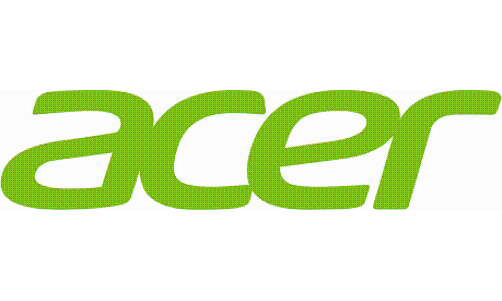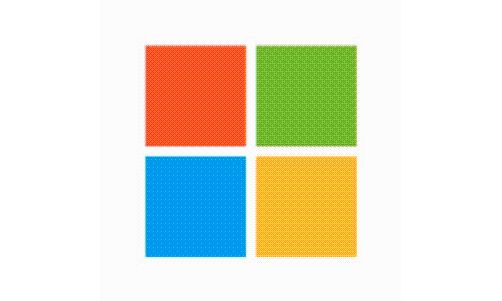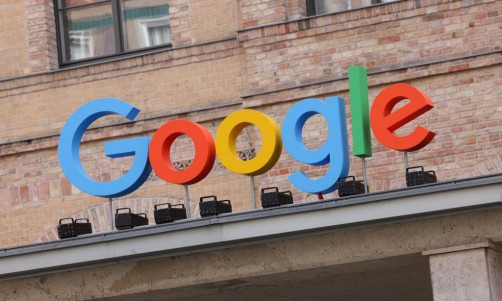Google is preparing to abide by the EU's new regulations.
The search giant has recently revealed the EU-centered changes it will be making to its policy in line with the region's Digital Services Act (DSA).
Much like Google, Meta and the other tech giants operating in the EU have announced changes to their policy to satisfy the DSA's requirements.
Google's EU-centered Changes
It is now Google's turn to reveal how it will accommodate the EU's new DSA in its policy in the region. According to the search giant's announcement, it adapted many of its long-standing trust and safety processes and changed the operation of some services to comply with the EU's DSA.
Specifically, Google is improving the data transparency of the ads it runs and its policies. The search giant intends to expand its Ads Transparency Center to meet specific DSA provisions and provide additional information on targeting for ads served in the EU.

Read More: Honkai: Star Rail PS5 Pre-Registration, Technical Test Officially Opens
Google will also increase data access for researchers looking to understand more about how Google's services (e.g. Seach, YouTube, Google Maps) work in practice. This increased access will help them understand and research on systemic content risks in the EU.
Aside from these changes, Google is also making changes to provide "new kinds of visibility" into its content moderation decisions and how users can contact it.
To start, Google plans to roll out a new Transparency Center that lets people access information about Google's policies on a product-by-product basis easily. It will also allow people to find the company's reporting and appeals tools effortlessly and help them discover more about Google's policy development process and Transparency Reports.
It is also planning to expand its transparency report to include new information. To do so, Google is expanding the scope of its transparency reports and adding information about how it manages content moderation across its services.
Lastly, Google will help regulators and independent auditors assess risks of illegal content dissemination or to "fundamental rights," public health, or civic discourse on its largest online platforms.
Google assures that there are more changes to its policy in the EU to better comply with the DSA's requirements "as with any new regulation." The company also revealed it would continue its conversation with the European Commission, Ireland's media commission, and other regulators about its policy.
What Is The DSA?
The European Commission defines the DSA as the regulation that manages "the obligations of digital services that act as intermediaries in their role of connecting consumers with goods, services, and content."
It's expected to give better protection to users and to "fundamental rights" online, along with establishing a powerful transparency and accountability framework for online platforms. Under the principle of "what is illegal offline should be illegal online," the new rules created under the DSA ensure that online service providers will be held responsible for their content moderation policies in the digital space, per Deloitte.
Related Article: Meta Launches Code Llama, Offers Faster Way to Code













